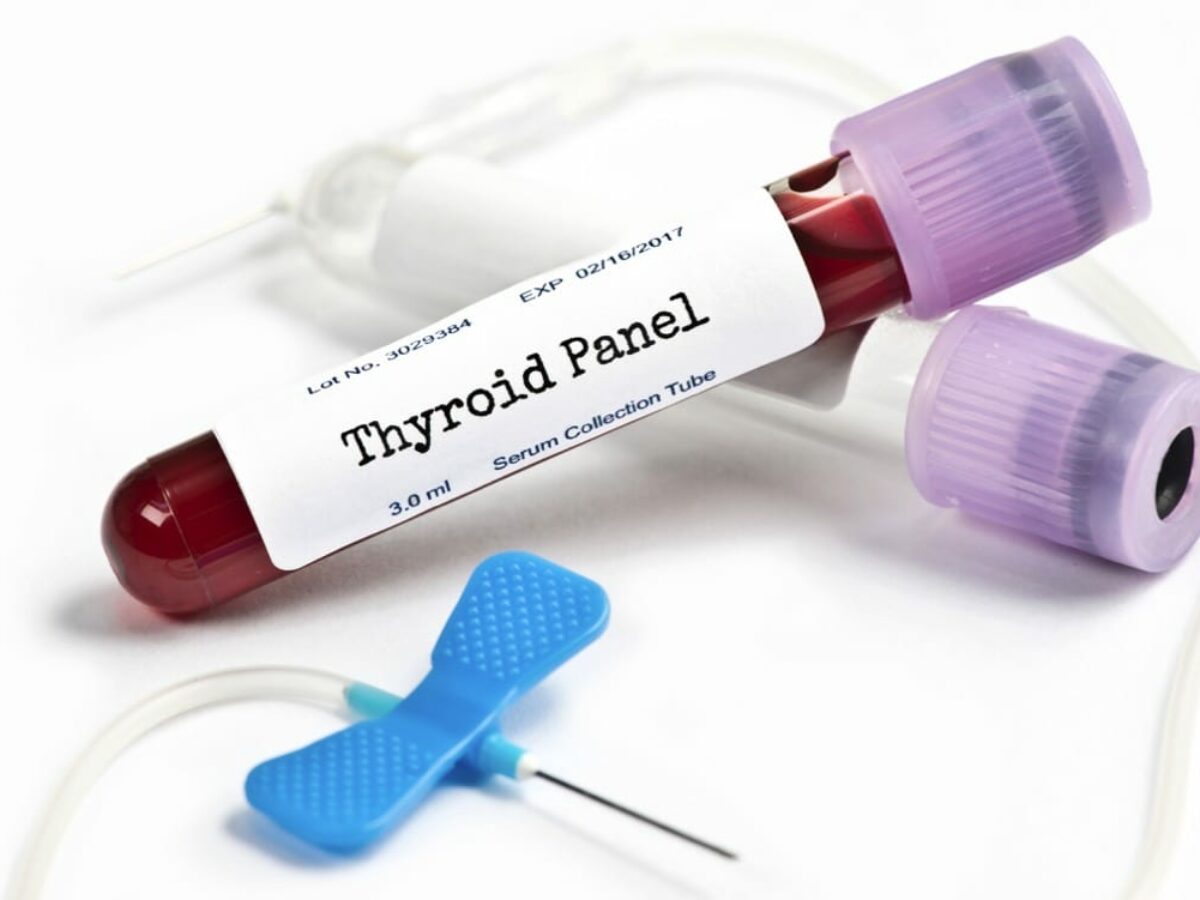

Before Diving into Tests, Let's Briefly Understand the Thyroid. It's a Small, Butterfly-Shaped Gland Located at the Base of Your Neck. This Gland Produces Hormones That Regulate Vital Bodily Functions Such as Metabolism, Heart Rate, Body Temperature, and Mood.
Thyroid Tests Are Crucial in Diagnosing and Managing Thyroid Disorders. These Disorders Can Manifest in Various Ways, from Fatigue and Weight Gain to Anxiety and Rapid Heart Rate. by Evaluating Thyroid Function, Doctors Can Accurately Identify Underlying Issues and Recommend Appropriate Treatment.
Several Tests Are Used to Assess Thyroid Health. the Most Common Ones Include: Thyroid-Stimulating Hormone (Tsh): This Test Measures the Amount of Tsh in Your Blood. Tsh Is Produced by the Pituitary Gland and Stimulates the Thyroid to Produce Its Hormones.Thyroxine (T4): T4 Is One of the Primary Thyroid Hormones. It Measures the Total Amount of T4 in the Blood. Triiodothyronine (T3): Another Thyroid Hormone, T3 Is the Active Form of T4. It Measures the Amount of T3 in the Blood. Free T4 and Free T3: These Tests Measure the Amount of T4 and T3 Not Bound to Proteins, Which Is the Biologically Active Form of These Hormones.Thyroid Antibodies: These Tests Check for the Presence of Antibodies That Can Attack the Thyroid Gland, Indicating Autoimmune Thyroid Conditions Like Hashimoto's Disease or Graves' Disease.
Thyroid Tests Typically Involve a Simple Blood Draw. the Blood Sample Is Sent to a Laboratory for Analysis. No Special Preparation Is Usually Required, but It's Advisable to Inform Your Doctor About Any Medications You're Taking, as Some Drugs Can Interfere with Test Results.
Interpreting Thyroid Test Results Requires Medical Expertise. Abnormal Results May Indicate:Hyperthyroidism: an Overactive Thyroid, Characterized by Symptoms Like Weight Loss, Rapid Heart Rate, and Anxiety Hypothyroidism: an Underactive Thyroid, Often Associated with Fatigue, Weight Gain, and Cold Intolerance. Thyroiditis: Inflammation of the Thyroid Gland.Thyroid Nodules or Cancer: These Conditions May Require Further Imaging Tests.It's Essential to Discuss Your Results with Your Healthcare Provider. They Will Consider Your Symptoms, Medical History, and Other Factors to Determine the Best Course of Action.
If Thyroid Problems Are Detected, Your Doctor May Recommend Lifestyle Changes, Medications, or in Some Cases, Surgery. Regular Follow-Up Tests Are Important to Monitor Thyroid Function and Ensure That Treatment Is Effective.
Thyroid Tests Are Valuable Tools for Maintaining Optimal Health. by Understanding the Role of the Thyroid and the Significance of These Tests, You Can Actively Participate in Your Healthcare and Work with Your Doctor to Manage Any Thyroid-Related Issues.Disclaimer: This Information Is Intended for General Knowledge and Informational Purposes Only and Does Not Constitute Medical Advice. Always Consult with a Qualified Healthcare Professional for Any Medical Concerns or Questions.